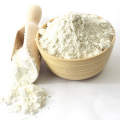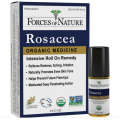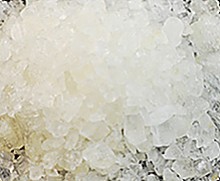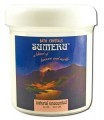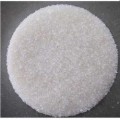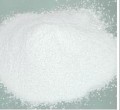 Loading... Please wait...
Loading... Please wait...- Home
- About Us
- Shipping, Returns & FAQ's
- Contact Us
-
For Your Information
- Canadian Customers Have a Choice if Shipping Via UPS
- Aura Cacia Homemade Aromatherapy Recipes
- Bella Nella Altered Art & Paper Crafts Blog
- Forms of Herbal Preparations
- Laundry Tips To Conserve Energy Blog from The Laundress
- The Story of Frontier Natural Products Co-Op
- Sovereign Silver Hydrosol and Aloe Protocol Stops Downward Spiral of Gut Dysbiosis
- Disclaimers
- Recommended Links
- RSS/Recent News
- The Story of Typhoon Housewares
- Reviews/Testimonials
- Raw Ingredients for Mfg
- Home
- Raw Materials
- Additives
- Thymol Crystals Bulk
- Home
- Raw Materials
- Antioxidants
- Thymol Crystals Bulk
- Home
- Raw Materials
- Preservatives
- Thymol Crystals Bulk
Thymol Crystals Bulk
Product Description
Thymol (also known as 2-isopropyl-5-methylphenol, IPMP) is a natural monoterpene phenol derivative of cymene, C10H14O, isomeric with carvacrol, found in oil of thyme, and extracted from Thymus vulgaris (common thyme) and various other kinds of plants as a white crystalline substance of a pleasant aromatic odor and strong antiseptic properties. Thymol also provides the distinctive, strong flavor of the culinary herb thyme.
Thymol has antimicrobial activity because of its phenolic structure, and has shown antibacterial activity against bacterial strains including Aeromoans hydrophila and Staphylococcus aureus. This antibacterial activity is caused by inhibiting growth and lactate production, and by decreasing cellular glucose uptake. Thymol has been used in alcohol solutions and in dusting powders for the treatment of tinea or ringworm infections, and was used in the United States to treat hookworm infections. It is also used as a preservative in halothane, an anaesthetic, and as an antiseptic in mouthwash. When used to reduce plaque and gingivitis, thymol has been found to be more effective when used in combination with chlorhexidine than when used purely by itself. Thymol is also the active antiseptic ingredient in some toothpastes, such as Euthymol.
There is evidence supporting the belief that thymol, when applied two to three times daily, can eliminate certain kinds of fungal infections that affect fingernails and toenails.
Thymol—named after the herb itself—is the primary volatile oil constituent of thyme, and its health-supporting effects are well documented. In studies on aging in rats, thymol has been found to protect and significantly increase the percentage of healthy fats found in cell membranes and other cell structures.
Thyme also contains a variety of flavonoids, including apigenin, naringenin, luteolin, and thymonin. These flavonoids increase thyme's antioxidant capacity, and combined with its status as a very good source of manganese, give thyme a high standing on the list of anti-oxidant foods.
Thymol has been used to successfully control varroa mites and prevent fermentation and the growth of mold in bee colonies, methods developed by beekeeper R.O.B. Manley.
Thymol is also used as a rapidly degrading, non-persisting pesticide.
Not intended for internal use.
Odor Description: Thymol has a sharp, clean odor reminiscent of Thyme Essential Oil.
Appearance: White to slightly yellow crystals.
Soluble In: Alcohol and Oils.
Insoluble In: Water and DPG
Flash Point: 93deg C
CRC Kosher Certified
Refrence:
wikipedia
Find Similar Products by Category
You Recently Viewed...
Currency Converter
Choose a currency below to display product prices in the selected currency.




